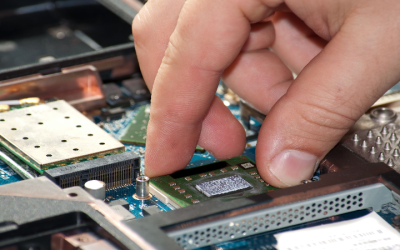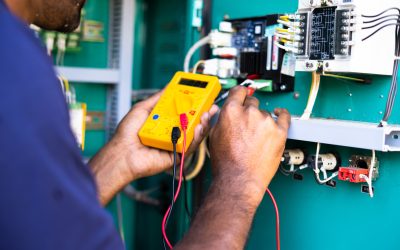In today’s fast-paced and technology-driven world, maintaining uninterrupted operations is crucial for businesses across various sectors. Downtime can lead to significant financial losses, tarnish reputations, and disrupt customer satisfaction. To combat these challenges, many organizations are turning to Critical Power Services to ensure their operations remain seamless and efficient.
The Importance of Critical Power Services
Critical power services are essential for any business reliant on continuous power. These services are designed to prevent interruptions in power supply, which can be caused by various factors such as equipment failure, power surges, or natural disasters. By implementing a robust critical power system, businesses can safeguard their operations and avoid the costly consequences of unexpected downtime.
Key Components of Critical Power Services
Understanding the components of critical power services can help businesses make informed decisions about their power management strategies. Here are some key elements that are typically involved:
- Uninterruptible Power Supply (UPS): A UPS system provides emergency power when the main power source fails, ensuring that critical equipment remains operational. This is particularly vital for data centers, hospitals, and other facilities where even a brief power interruption can have serious repercussions.
- Backup Generators: These are essential for providing power during extended outages. Generators can be automatically or manually activated to supply electricity until the primary power source is restored.
- Power Distribution Units (PDUs): PDUs distribute electrical power to multiple devices within a facility. They are crucial for managing power load distribution and preventing overloads that can lead to equipment failure.
- Battery Management Systems: Proper maintenance of battery systems is vital for ensuring the reliability of UPS systems. Regular testing and replacement of batteries can prevent unexpected failures.
Benefits of Implementing Critical Power Services
Leveraging critical power services offers several advantages, enhancing both operational efficiency and overall business resilience. Some of the key benefits include:
- Increased Uptime: By minimizing the risk of power outages, businesses can maintain continuous operations, which is crucial for meeting customer expectations and sustaining productivity.
- Cost Savings: Preventing downtime can save businesses from the high costs associated with lost productivity, data loss, and equipment damage.
- Enhanced Safety and Compliance: Reliable power systems help ensure that critical safety equipment remains operational during emergencies, contributing to workplace safety and regulatory compliance.
- Scalability and Flexibility: Critical power services can be tailored to meet the specific needs of a business, allowing for scalability as operations grow and evolve.
For businesses looking to enhance their power reliability, investing in Critical Power Services is a strategic decision that can provide long-term benefits.
Incorporating critical power services into an organization’s infrastructure is not just about preventing power outages; it’s about ensuring the continuity and success of the business. With the right systems in place, businesses can enjoy increased uptime, cost savings, and enhanced safety, all of which contribute to a more resilient operation. As technology continues to advance and the demand for reliable power grows, critical power services will remain an indispensable component of business strategy. By prioritizing these services, organizations can confidently navigate the challenges of today’s dynamic business environment, ensuring uninterrupted operations and sustained growth.


